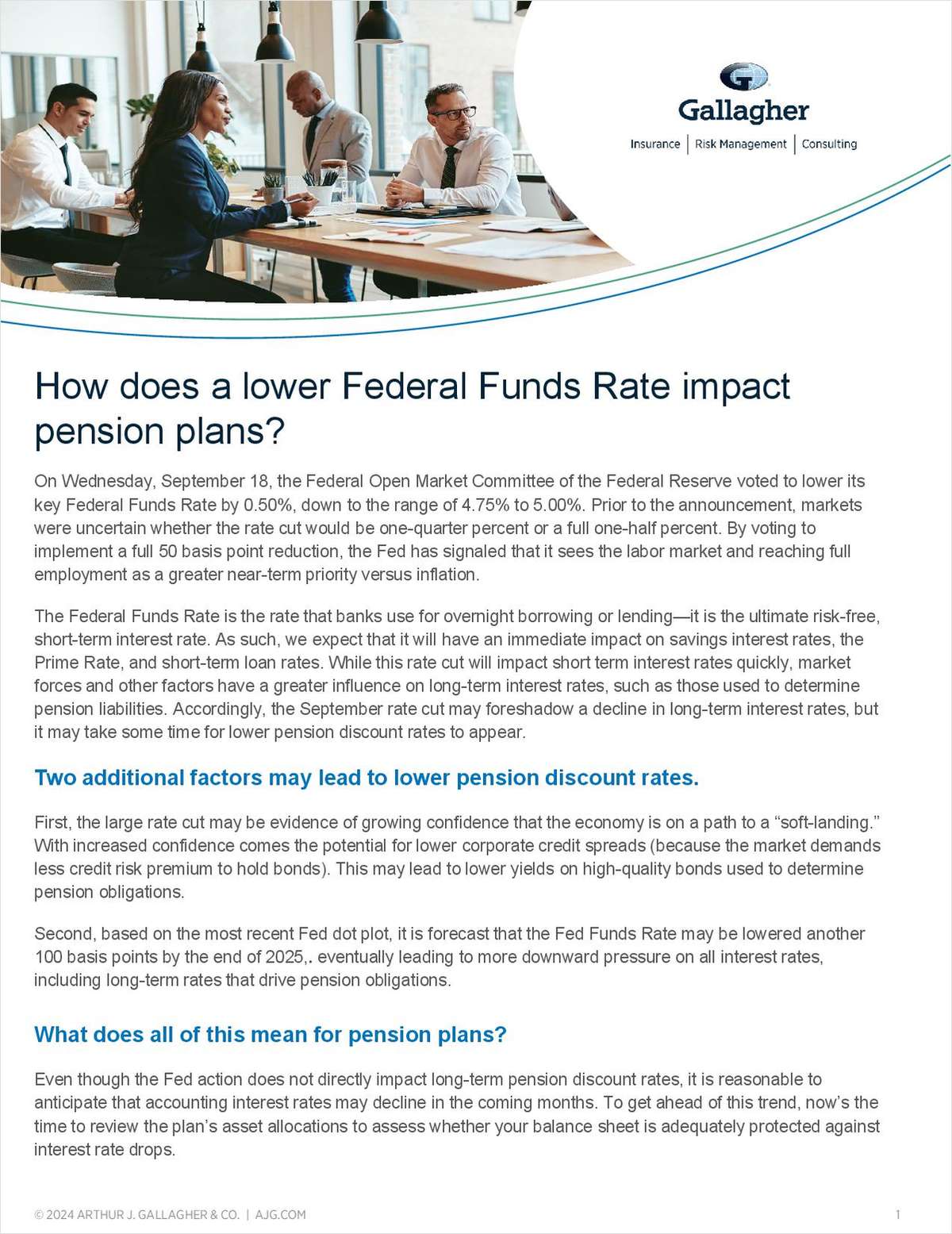(Bloomberg) -- The Obama administration plans to raise the wages of millions of Americans who work more than 40 hours a week by requiring employers to pay them overtime.
Workers who earn as much as $970 a week would have to be paid overtime even if they’re classified as a manager or professional, according to a plan outlined by the Department of Labor on Tuesday. The White House said 4.7 million workers nationwide would be affected within the first year of the rules being put in place.
Many employees now receiving as little as $455 a week, or $23,660 a year -- below the federal poverty line for a family of four -- aren’t entitled to overtime pay because they are classified as managers.
“A hard day’s work deserves a fair day’s pay,” Obama wrote in a blog published by the Huffington Post. “That’s at the heart of what it means to be middle class in America.”
Labor Secretary Thomas Perez said the new overtime rules should raise overall wages paid to U.S. workers by between $1.2 billion and $1.3 billion annually. In some cases employers may reduce overtime work that is currently uncompensated, he said.
The regulations would take effect in 2016 and extend overtime pay to 420,000 workers in California, 400,000 in Texas, and 290,000 in New York, according to a state-by-state breakdown from the White House. Workers in retail stores and restaurants are among those most likely to be affected.
Indexed threshold
The overtime salary threshold will be indexed to prevent future erosion due to inflation, though the administration hasn’t yet decided what measure to use to adjust it, Perez said. The administration chose a salary level that is at the 40th percentile of weekly earnings for full-time, salaried workers, he said. The threshold may be tied to either the consumer price index or a fixed percentile level.
Obama has been stymied by Republicans in his attempts to get Congress to raise the federal minimum wage at a time when income inequality is emerging as an issue in the 2016 presidential campaign.
The new rules would be the broadest action by the administration to bolster middle- and lower-income workers, whose wages have stagnated since the recession. Obama is scheduled to discuss the economy during a trip to La Crosse, Wisconsin, on Thursday.
Middle class
“You would be hard pressed to find a rule change or an executive order that would reach more middle class workers than this one,” said Jared Bernstein, a former economic adviser to Vice President Joe Biden who is now a senior fellow at the Center for Budget and Policy Priorities.
The median U.S. household income of $54,600 in April was $1,600 short of the amount at the start of the recession in December 2007, according to inflation-adjusted estimates from Sentier Research.
Business lobbyists, including the National Retail Federation, argue that changing the rules might prompt employers to reconsider their supervisory structures, reducing flexibility for managers to directly serve customers and cutting entry-level management jobs.
“The administration seems to be under the distorted impression that they can build the middle class by government mandate,” David French, the National Retail Federation’s senior vice president for government relations, said in a statement. “There simply isn’t any magic pot of money that lets employers pay more just because the government says so.”
‘Increase costs’
Cory Fritz, a spokesman for Republican House Speaker John Boehner of Ohio said the draft overtime rule would “limit opportunities and increase costs. America’s workers and small businesses deserve better.”
AFL-CIO President Richard Trumka applauded the new rule, saying it will “provide a much needed boost to our entire economy.”
“Millions of America’s workers are one step closer to earning the overtime pay they rightfully deserve but have been systematically denied,” Trumka said.
The 1938 New Deal-era law establishing the federal 40-hour workweek and requiring overtime for additional hours exempts professional, administrative and executive employees.
Defining categories
Labor Department regulations define those categories, in part, through a minimum salary level. The threshold, eroded by inflation, has only been raised once since 1975, a readjustment in 2004 under President George W. Bush that was criticized as too modest by labor unions and some Democrats.
The overtime cutoff covered 8 percent of salaried workers last year, compared with 65 percent in 1975, according to an analysis by Ross Eisenbrey, vice president of the Economic Policy Institute, a research group partly funded by labor unions.
The definition of a manager is ambiguous enough under current regulations that restaurant or retail workers who spend most of their time doing manual labor or serving customers can be deemed “executives” exempt from overtime, Eisenbrey said.
Under the Bush administration’s 2004 rules, exempt executives must supervise at least two employees and management must be their primary duty, though there is no requirement covering the amount of time they spend on management tasks. California state regulations, by contrast, require more than half of an employee’s time be spent on management duties to be exempt from overtime pay.
The administration is considering tightening the definition of manager the Bush administration established, though the draft rule only includes questions for comment without proposing a new definition. In a conference call with reporters, Perez criticized the definition, hinting that the final regulation will make it harder to classify workers as managers even if they meet the salary threshold.
“In 2004 the rules governing overtime were changed to help employers and hurt workers by enabling employers to prevent too many workers from receiving the overtime protections the law intended,” Perez said.
Copyright 2018 Bloomberg. All rights reserved. This material may not be published, broadcast, rewritten, or redistributed.
Complete your profile to continue reading and get FREE access to BenefitsPRO, part of your ALM digital membership.
Your access to unlimited BenefitsPRO content isn’t changing.
Once you are an ALM digital member, you’ll receive:
- Breaking benefits news and analysis, on-site and via our newsletters and custom alerts
- Educational webcasts, white papers, and ebooks from industry thought leaders
- Critical converage of the property casualty insurance and financial advisory markets on our other ALM sites, PropertyCasualty360 and ThinkAdvisor
Already have an account? Sign In Now
© 2024 ALM Global, LLC, All Rights Reserved. Request academic re-use from www.copyright.com. All other uses, submit a request to [email protected]. For more information visit Asset & Logo Licensing.








